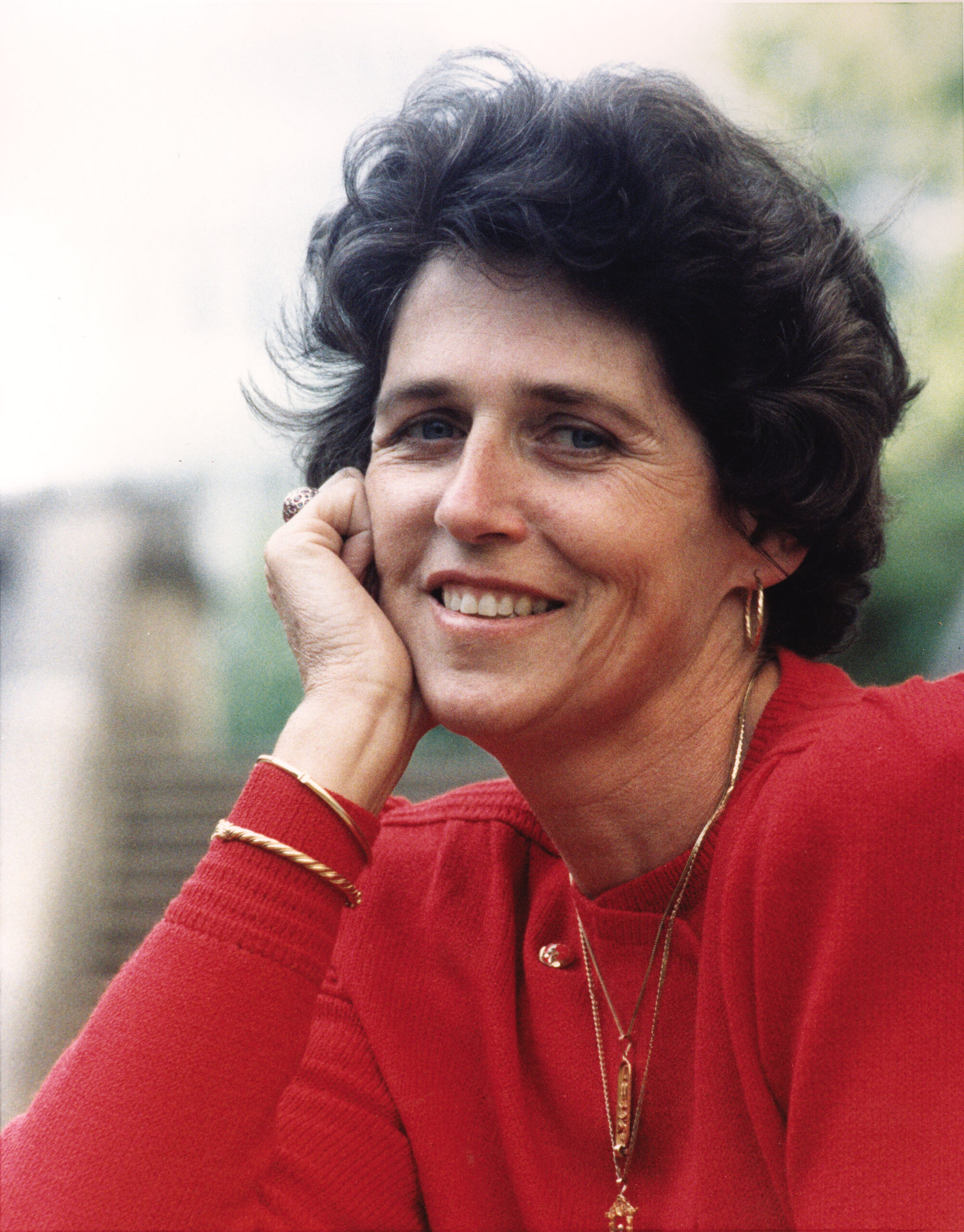2 Md. Women (Both Named Byron) Have Succeeded Their Husbands in Congress

Beverly Byron’s husband, a 49-year-old Maryland congressman, died of a heart attack on a Wednesday in 1978 while he was jogging along the Chesapeake and Ohio Canal.
By the next day, Democratic Party officials were urging her to run for his western Maryland congressional seat.
The acting governor at the time, Democrat Blair Lee III, went to her house on Thursday, Byron told Maryland Matters in an interview this week. He “asked if I would consider my name being put forward with the central committee on Friday. I really hadn’t thought about it.”
But she agreed to do it. Her children encouraged her to run, and she needed a job. Her youngest at the time, a 13-year-old, “was very expensive and I was unemployed,” said Byron, who’s now 87.
Byron’s route to Congress is getting renewed attention now that Maya Rockeymoore Cummings – the widow of the late Rep. Elijah E. Cummings (D) – is reportedly considering a run for his seat. If she decides to run and wins, Rockeymoore Cummings would be the third widow to succeed her husband in a Maryland congressional seat. The first two were Byrons.
In 1978, Byron’s husband, 6th District Rep. Goodloe Byron, died in October, just ahead of the November election. Maryland Democrats were eager to protect the seat from the GOP challenger, Melvin Perkins. The Washington Post described Perkins as a “perennial office seeker” who had lost a 1974 Senate bid running as a Democrat. He had been jailed after he was charged with beating up a female Baltimore bus driver.
Perkins ran as a pauper to avoid paying filing fees. And he went to court to try to get his name changed to Goodloe Byron. A judge denied his request, according to the Baltimore Sun.
Byron won in a landslide that year, garnering nearly 90% of the vote.
“I was told, ‘Well, we’ll nominate her and she’ll just serve one term and we can get a real candidate in there.’ Well, I don’t think they thought I was going to stay for 14 years,” she told Maryland Matters.
She hadn’t held office before, but Byron had been immersed in politics. “We had been very active politically as a couple, as were my children, who used to go door to door on a regular basis,” she said.
During her tenure on Capitol Hill, Byron became the first woman to head an Armed Services subcommittee, where she oversaw more than 40 percent of the Defense Department’s budget. She held her congressional seat until she was defeated in the 1992 Democratic primary by state Del. Thomas Hattery. Republican Roscoe Bartlett defeated Hattery in the general election and served for 20 years.
Byron was the second woman in her family to succeed a husband who died while holding the 6th District seat.
Her mother-in-law, Katharine Byron, won the seat in 1941 after her husband died in an airplane crash. Rep. William Byron died in February 1941; Katharine Byron won the special election and finished out the term that ended in January 1943. She did not run for re-election.
“It was a point in time when the boys in the back room with the smoke made a decision and then when it came time for re-election, they said, ‘You’re not going to run,’” Beverly Byron said this week.
‘It pulls at the heartstrings’
It is widely assumed that Rockeymoore Cummings, the chairwoman of the Maryland Democratic Party, will run in the special election to succeed her husband, who died last week at the age of 68.
She hasn’t announced a bid and official campaign launches for the special election aren’t expected until after Cummings’ funeral in Baltimore this Friday. But a host of potential candidates are rumored to be in the running, and Rockeymoore Cummings could be facing a crowded field if she decides to jump in.
If she takes the seat, Rockeymoore Cummings stands to be the 40th widow to succeed her husband in the U.S. House, according to an analysis by the Center for American Women and Politics at Rutgers University.

Maryland Democratic Chairwoman Maya Rockeymoore Cummings. File photo
The first widow to be elected to serve out her husband’s term in Congress was California Republican Rep. Mae Ella Nolan, who won her seat in 1923.
Nolan said at the time, “I owe it to the memory of my husband to carry on his work,” she told the San Francisco Examiner. “No one better knows than I do his legislative agenda.”
Some widows who have taken their husbands’ seats in Congress have been viewed as “placeholders,” said Debbie Walsh, director of the Center for American Women and Politics.
Political parties have sometimes viewed it as the “easy thing to do,” Walsh added. “Everybody knows that name and it pulls at the heartstrings.” And to voters, it’s easy to make the case that the widow is the right person to carry out her husband’s legacy in Congress, she added.
Some women left Congress quickly, but others used the opportunity to build their own political careers.
Margaret Chase Smith (D), for example, was the first woman elected to Congress from Maine after she won a special election in 1940 to fill the seat of her late husband, Rep. Clyde Smith. She served in the House until 1949, when she was elected to the Senate.
Smith, a Republican, spent more than two decades in the Senate. She was the first woman to serve in both chambers of the U.S. Congress and in 1964 became the first woman to actively seek a major party’s presidential nomination.
Rockeymoore Cummings, 48, is unusual among lawmakers’ widows in that she already has her own extensive political career. She is a former Capitol Hill staffer and policy consultant who ran briefly for Maryland governor in 2018 before chairing the state Democratic Party.
“The thing about Elijah Cummings’ widow is that she might be considered a potential candidate even if she weren’t his widow,” said Walsh.
Lawmakers’ widows don’t always get elected.
Georgia Democrat Kathryn McDonald lost a 1983 special election to fill her husband’s congressional seat when he was killed after a Korean airliner was shot down, The New York Times reported. Georgia State Rep. George Darden won the seat.
And in 1999, California Democrat Marta Macias Brown was defeated when she ran to succeed her late husband, Rep. George Brown (D).
Rep. Doris Matsui (D-Calif.) is the only current member of Congress who succeeded her husband after his death. Rep. Debbie Dingell (D-Mich.) won her husband’s seat after his retirement; he died earlier this year.
Four days after burying her husband in early 2005, Matsui announced her congressional bid. “I am asking those who supported him to now support me,” she said at the time.



 Creative Commons Attribution
Creative Commons Attribution